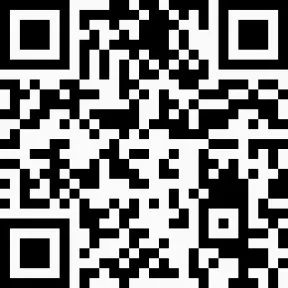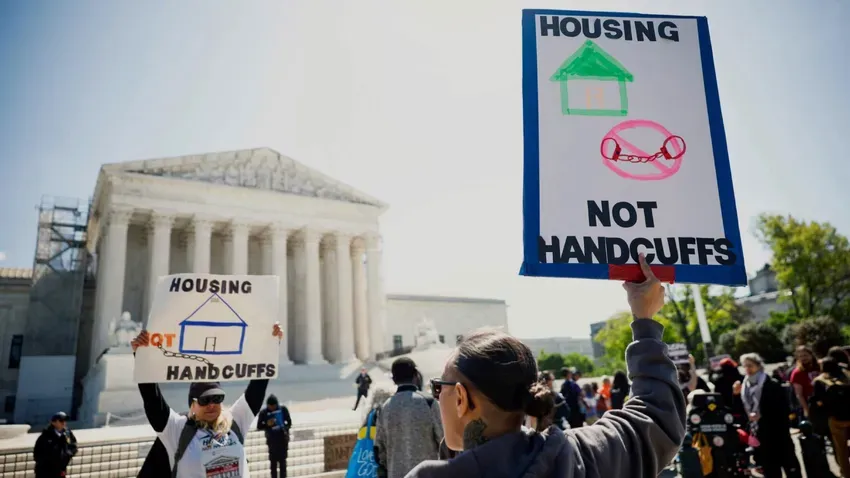On June 28, the Supreme Court of the United States (SCOTUS) overturned a California-based appeals court ruling that had stated that, in the absence of available shelter space, anti-camping and anti-sleeping laws are a form of cruel and unusual punishment under the 8th Amendment. Now cities can ban and fine people who are experiencing homelessness for sleeping and camping in public spaces, and even prosecute them for criminal trespass. But housing experts in Seattle tell the SGN that our unhoused neighbors will not be impacted – at least not any more than they already are.
"At a high level, the SCOTUS ruling does not change the City of Seattle's approach to encampment resolutions," Callie Craighead, spokesperson for the mayor's office, told the SGN. The reason Craighead cited was that the city is not seeking to change its multi-department administrative rules, or MDARs, that currently deal with homelessness.
While the SCOTUS decision will not have a direct impact on people experiencing homelessness in Seattle, the MDARs will continue to allow city crews to carry out the "sweeps" that displace unhoused people and trash their belongings.
MDAR 17-01 was established in 2017 to create rules and procedures for addressing homeless encampments on city property. It developed rules for different city departments, like Seattle Public Utilities and Seattle Parks and Recreation, among others, and they all follow a similar pattern: permits are required before setting up "structures" like tents, and camping is disallowed altogether, or only allowed in designated camping areas like park campgrounds.
People in violation of the MDAR 17-01 may face enforcement, which consists of written or verbal withdrawal of that person's permission to stay on the property, and the issuance of a citation. Another violation under MDAR is storing or abandoning personal belongings without approval on city property, which has led to the sudden removal and disposal of unhoused people's goods.
Unified Care Team approach
Craighead forwarded the SGN a statement from the mayor's office, which commented positively on the city's approach to regulating encampments.
"Our approach leads with offering shelter and services as part of the encampment resolution process, ensuring people come indoors at the same time as we keep public spaces clean and accessible for everyone. The City's Unified Care Team closely follows the requirements set out in the MDARs, grounding the City's encampment resolution work in the compassionate approach we believe in," reads the statement.
The statement said the Unified Care Team approach is showing positive results; for example, the team reported a 20 percent increase in shelter referrals last year. According to the statement, since May 2022, the number of tents have decreased from 763 to 345, and RVs at encampments have decreased from 426 to 179.
The city has a team that inspects and cleans up unauthorized encampments based on hazards and other unlisted conditions. This team conducts litter pick-ups, a 72-hour site removal, and reduces obstructions and hazards. The city alleges that it provides outreach and offers shelter and storage to those living on sites that are facing a 72-hour removal period. Since January, the team has engaged with 81 unauthorized encampments in Seattle.
Lavender Rights Project continues to provide housing services
Ebo Barton, director of housing services at the Lavender Rights Project, told the SGN sweeps are ongoing.
"That in and of itself severely impacts the homeless population," Barton said. "A lot of folks are scared, and it [the ruling] also has mobilized our housing staff in order to be prepared for anything that might arise for some of our clients and community members." However, Barton said that, despite these understandable concerns, the SCOTUS ruling has no immediate impact on residents of Seattle.
Barton added that the Lavender Rights Project is not actively tracking any cities that may instate new bans on camping or public sleeping, but the organization is providing more assistance to those seeking resources.
"From our perspective, Black Transgender people and Black Femmes are among the most vulnerable homeless population," Barton said. "It's systemic discrimination and violence, and what this does is increase policing and criminalization with these ordinances, which further our community's marginalization."
The US Department of Housing and Development requires an unsheltered point-in-time count every other year to plan for the distribution of federal funds to address homelessness. Experts believe the number arrived at from the point in time count is a drastically undercount of the actual problem.
The King County Regional Homelessness Authority conducted a point-in-time count of unhoused people, both sheltered and unsheltered, in January of this year. The count found that 16,385 people in the county experience homelessness on any given night, which is a 23 percent increase from 2022. That year, 57 percent of people experiencing homelessness were unsheltered, while 43 percent were sheltered. In 2024, the number of unsheltered people experiencing homelessness rose to 60 percent, or 9,810 people, while 40 percent or 6,575 unhoused people were sheltered.
The Homelessness Authority's count data shows that this year, 31 people who were sheltered or unsheltered identified as Transgender men or women, and 163 were Non-Binary.
The Lavender Rights Project offers intersectional legal and social services to Black people and other people of color in gender-diverse and Intersex communities who experience housing insecurity, poverty, and gender-based violence. The project also provides free legal services to people in Black and Indigenous communities in Washington, including free direct representation, consultations, and legal clinics for issues related to civil law.
To break barriers to housing in the community, the Lavender Rights Project is involved in King County's Health Through Housing initiative. In April 2023, the Lavender Rights Project and the Chief Seattle Club announced that they would open a permanent supportive housing facility in the Capitol Hill neighborhood for QT2BIPOC people.
The Health Through Housing program works to repurpose hotels and other buildings to provide immediate supportive housing. The program has 16 locations across seven cities, and it served 911 people last year. The Lavender Rights Project and Chief Seattle Club's permanent supportive housing facility, known as "The House," will have 34 units and is set to open in early 2025, Barton said.
Support the Seattle Gay News: Celebrate 50 Years with Us!
As the third-oldest LGBTQIA+ newspaper in the United States, the Seattle Gay News (SGN) has been a vital independent source of news and entertainment for Seattle and the Pacific Northwest since 1974.
As we celebrate our 50th anniversary, we need your support to continue our mission.
Your contribution will ensure that SGN remains a beacon of truth and a virtual gathering place for community dialogue.
Help us keep printing and providing a platform for LGBTQIA+ voices.
How you can donate!
Using this Link
Text "SGN" to 53-555
Or Scan the QR code below!



